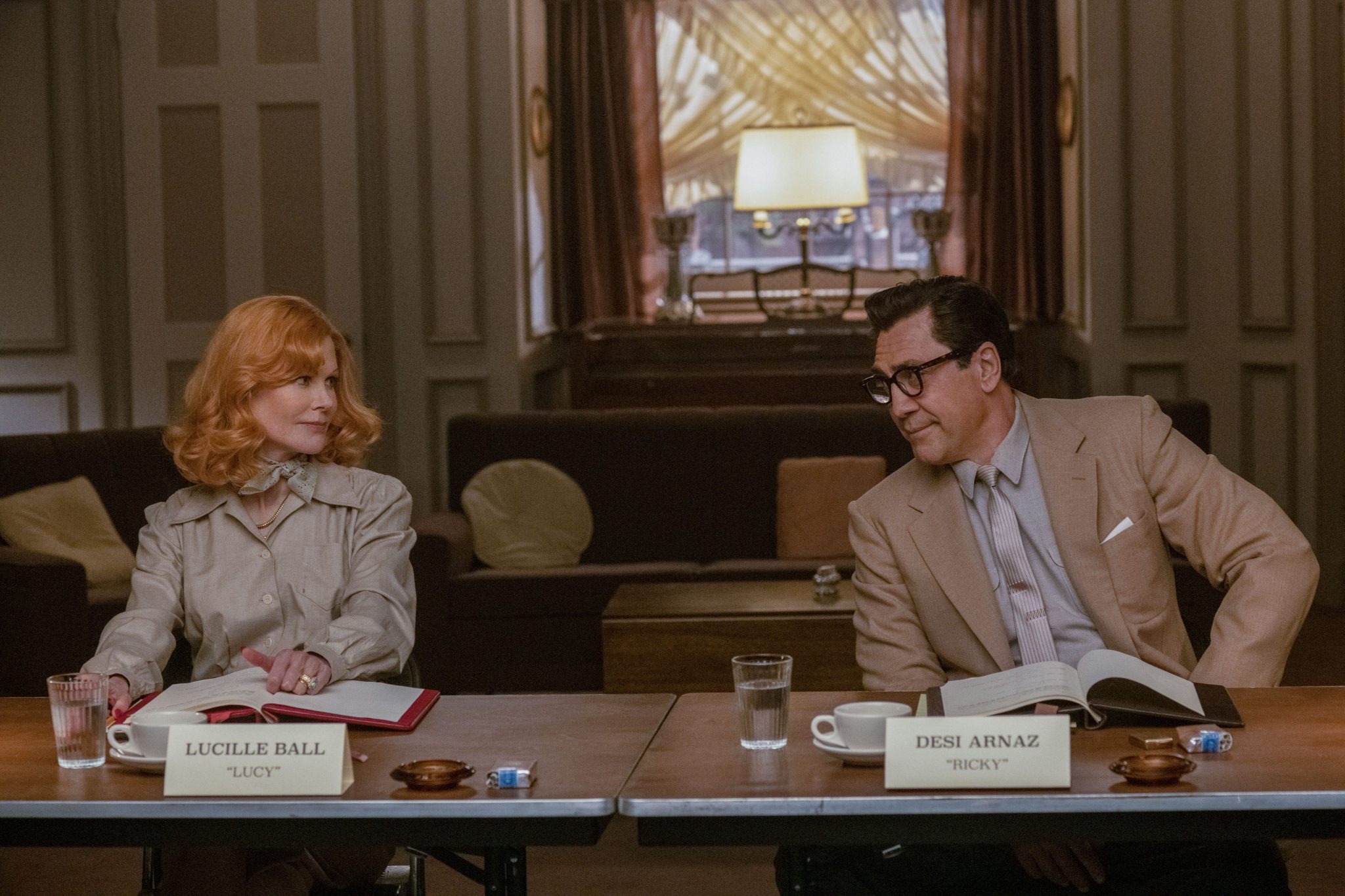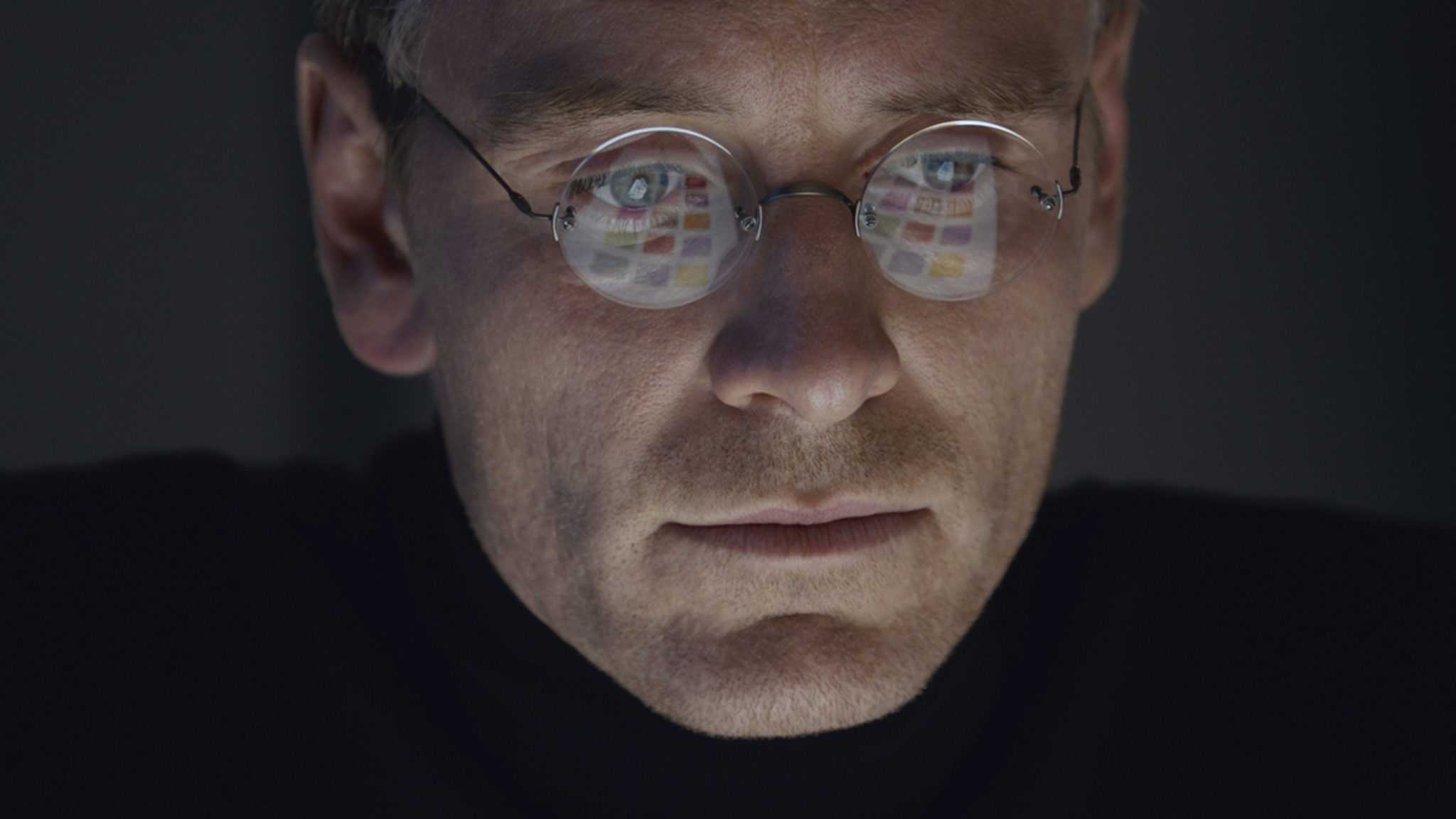
Being the Ricardos – Wanting a home
?Lucy, I?m home.? Lucille Ball and Desi Arnez were the biggest TV stars (by far) of the 1950s. Their show I Love Lucy was seen by up to 60 million people a week. That show took us into the home of Ricky and Lucy Ricardo, a small apartment filled with hilarity. But of course what…


